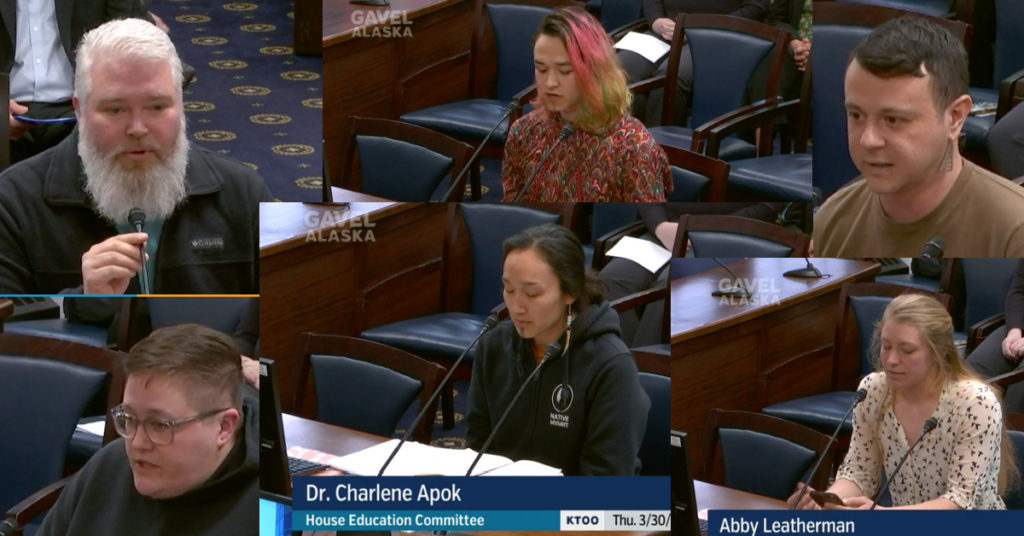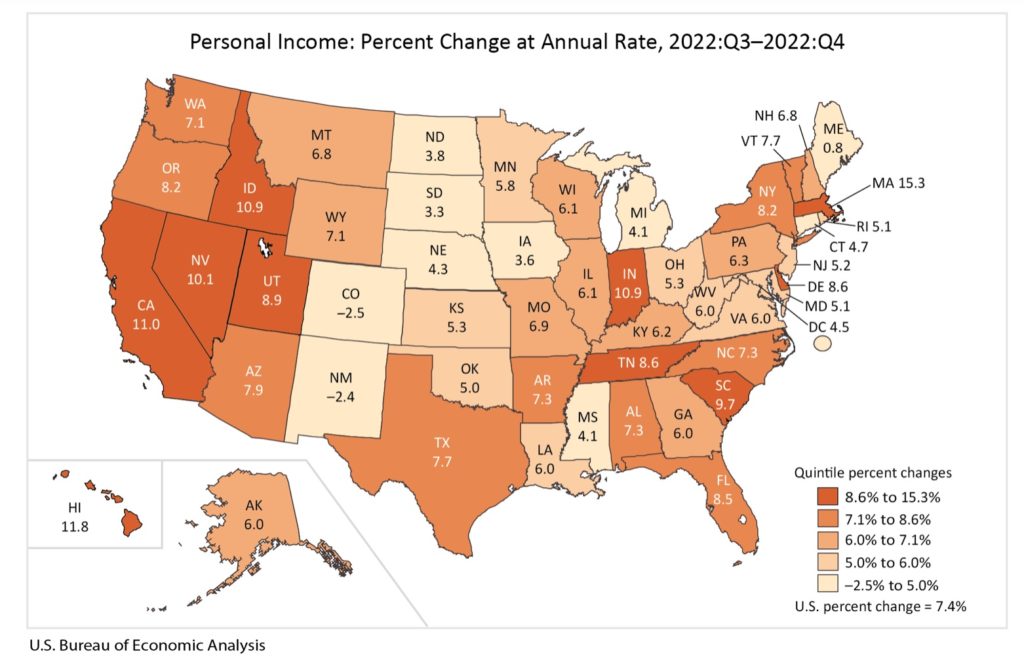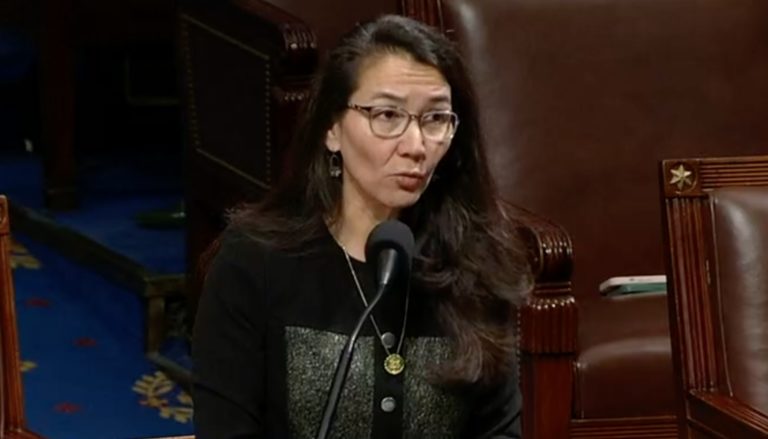By SUZANNE DOWNING
There is no sugarcoating the truth: Anchorage has for the last 10 years declined. Crime has risen. Homelessness is greater, more visible, and more damaging to the city than at any time in living memory. Anchorage taxpayers are paying more to a municipal government that returns less.
This week, residents can stop bellyaching and do something about it.
How did this decline happen? The reasons are many, and require a telling too long here. Suffice it to say, we must face a hard truth: The people of Anchorage voted for the leadership that degraded Alaska’s largest city on every visible measurement worth tallying.
Ethan Berkowitz was elected, then overwhelmingly reelected, to run City Hall in the image of his hometown in California, and his legacy, aside from his ill-advised selfies, will be downtown Anchorage being ground zero for a metastasizing population of vagrants who harry law-abiding residents and visitors.
Berkowitz is gone, but he did not act alone. The former mayor enjoyed a supermajority bloc on the Anchorage Assembly that enabled a litany of questionable activities to happen, running roughshod over due process and any legitimate concerns the people of this town had.
Small businesses were shuttered after years of being clobbered by the virtue signaling city leadership trying to look tough on Covid. The leaders were tough on diners and bar patrons, and tough on virtually anything and anybody, other than a homeless vagrant conducting bodily functions on city sidewalks or parks trails.
We now have just one electrical company through a sketchy buyout; we have a gasoline tax imposed on anyone foolish enough to drive and fill up within the boundaries of Anchorage. We have a tax on alcohol that is diverted to a host of pet projects, including funding for jobs held by elected members of the Assembly. We have a growing inventory of former hotels, health clubs, and facilities to house people, but no plan to pay for any of its operations.
Changes occasionally happened, sure. The surprise victory of Mayor Dave Bronson upset the planned coronation of heir-to-be Forrest Dunbar in 2021. Bronson, riding the Save Anchorage wave of anger at an Assembly and Berkowitz who went too far, was able to claw back City Hall, at least.
The past two years have been a demonstration of the old adage “‘”democracy is best kept from the voters.” A hostile Assembly, angered that their interrupted plans for continuing business as usual, went to war with the mayor, and Bronson occasionally did himself no favors (when fighting a city machine, backed by the hostile press, you can’t afford to mess up, even a little bit.)
So here we are, with ballots for our local mail-in election once again out to hundreds of thousands of voters. And this year, a majority of the Anchorage Assembly’s seats are up before the people.
Some are not running again: Suzanne LaFrance, who defied political gravity by being a crypto-liberal in conservative South Anchorage, is stepping down, some say, to look at taking on the mayor next year.
Austin Quinn-Davidson, another of Berkowitz’ loyal foot soldiers and as Acting Mayor issued the final closure of businesses during COVID, is retreating into a retirement of simple political activism.
Both seats are open with strong, commonsense candidates. Their strength is evidence by the massive firepower the liberal bastion of the ADN is unleashing on both Brian Flynn and Rachel Riess.
Riess’ chances to reclaim a traditionally conservative seat are being assaulted by Democrats who were playing footsie with Ries’ opponent, who has pretended to be a non-partisan, while enjoying almost every penny of donations and volunteers coming from the good old Democratic machine. If conservatives actually vote, Riess should have that seat.
Flynn is the candidate most disruptive to the establishment because his opponent appeared ordained for what was perceived as a “safe” liberal Assembly seat. Both Flynn and his wife have been smeared by the press, by the most liberal members of the Assembly, and by activists for baseless accusations. They are using another page in the old politics playbook: When neither truth nor logic is on your side, simply yell. And judging by the yelling, West Anchorage Democrats are scared of Flynn.
Finally, there is a challenger in midtown named Travis Szanto. Politics lately has been the fortress of the connected, the wannabe politicos. Szanto is none of that: He is a carpenter who made a name for himself with his hands. Szanto is trying to unseat one of Berkowitz’ leading lieutenants. And humble, respectful Szanto has momentum.
But none of this matters unless action is taken. For the past decade, conservatives and even moderates have pitched and moaned about the liberal takeover of this city; about the lack of good candidates to vote for; about a lack of momentum.
Those complaints are now moot. Good men and women have stepped up to the plate and are catching hell for it. If Anchorage has any hope in stopping the Assembly from ramming more bad laws down the throats of its residents, voters have to stop whining, and do what winning teams do: take the field and let the scoreboard do the telling. Get out and vote. Return your ballot by mail, or vote in person at the designated locations.
Whatever you do, vote. If the name Riess, Flynn, or Szanto (or Leigh Sloan, Scott Myers, or Spencer Moore) is on your ballot, mark it, remembering the businesses that went under, the gas taxes you are paying, the shelters that never are enough, the crime that never ends, and the price you will continue to pay otherwise for liberals’ dreams of creating San Francisco of the north.
Have I said it enough? Vote.
Suzanne Downing is publisher of Must Read Alaska.












